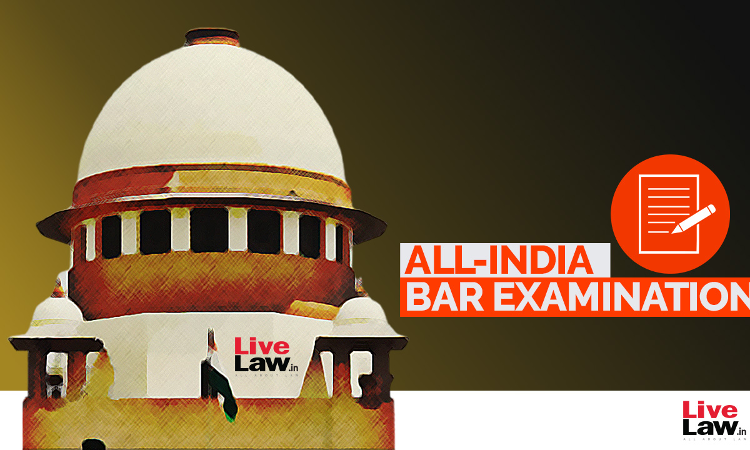AIBE Challenge: Supreme Court Constitution Bench Reserves Judgement
Awstika Das
28 Sept 2022 9:49 PM IST

Next Story
28 Sept 2022 9:49 PM IST
A Constitution Bench of the Supreme Court on Wednesday reserved judgment on a batch of petitions challenging the validity of the All-India Bar Examination. The five-judge Bench comprised Justices Sanjay Kishan Kaul, Sanjiv Khanna, A.S. Oka, Vikram Nath, and J.K. Maheshwari. The lead petition is an appeal by special leave preferred by the Bar Council of India against a 2008 decision...
